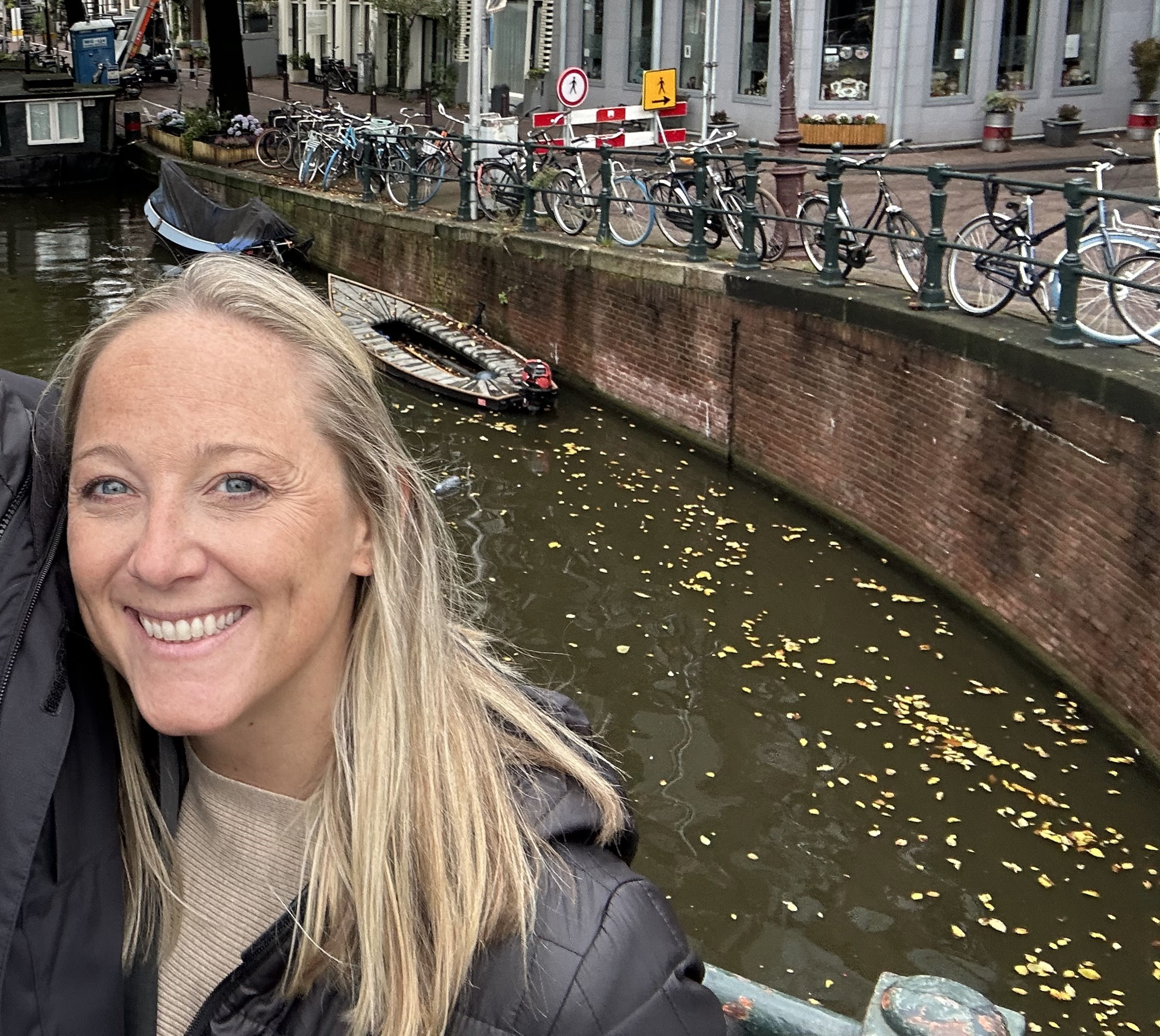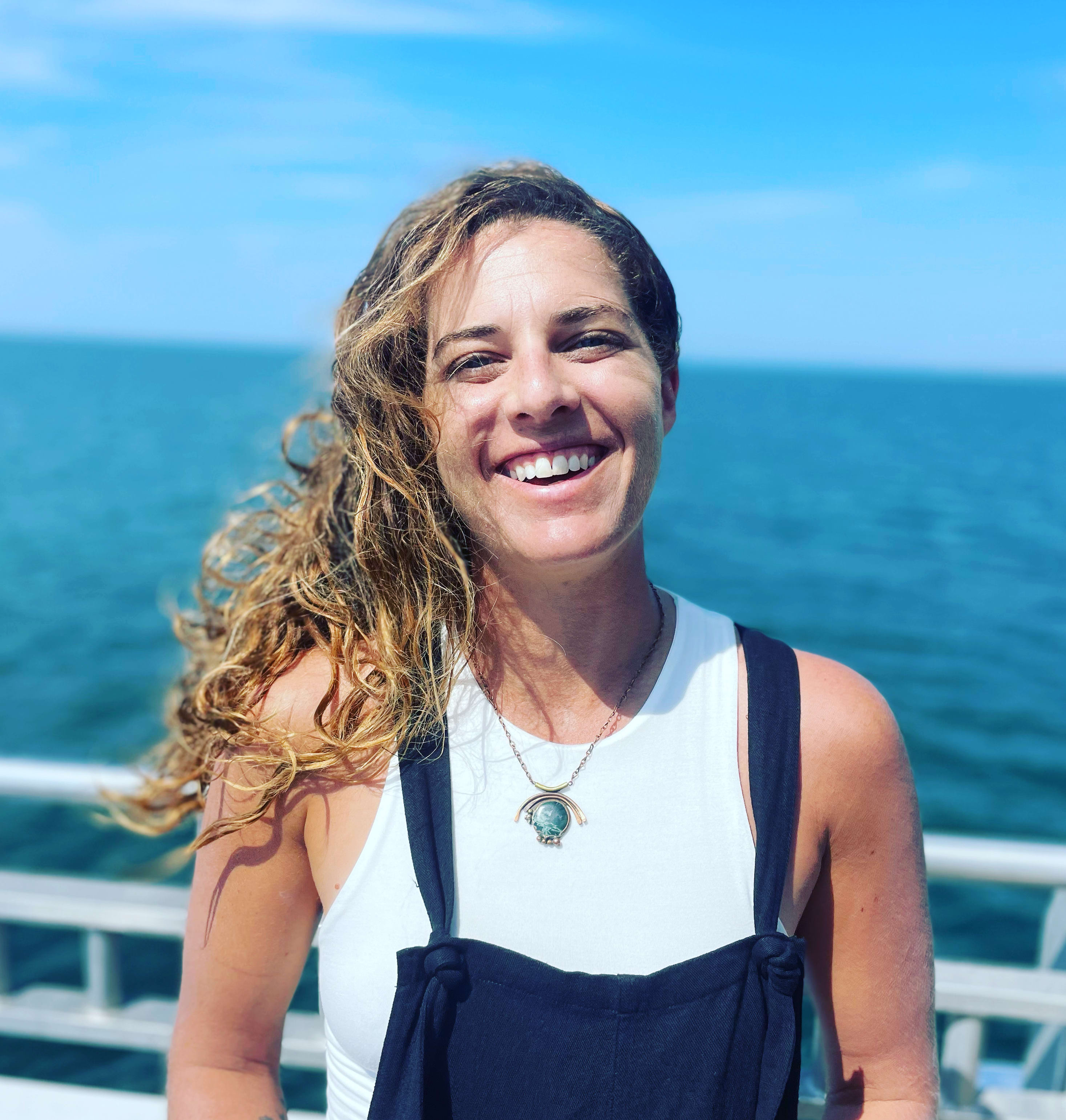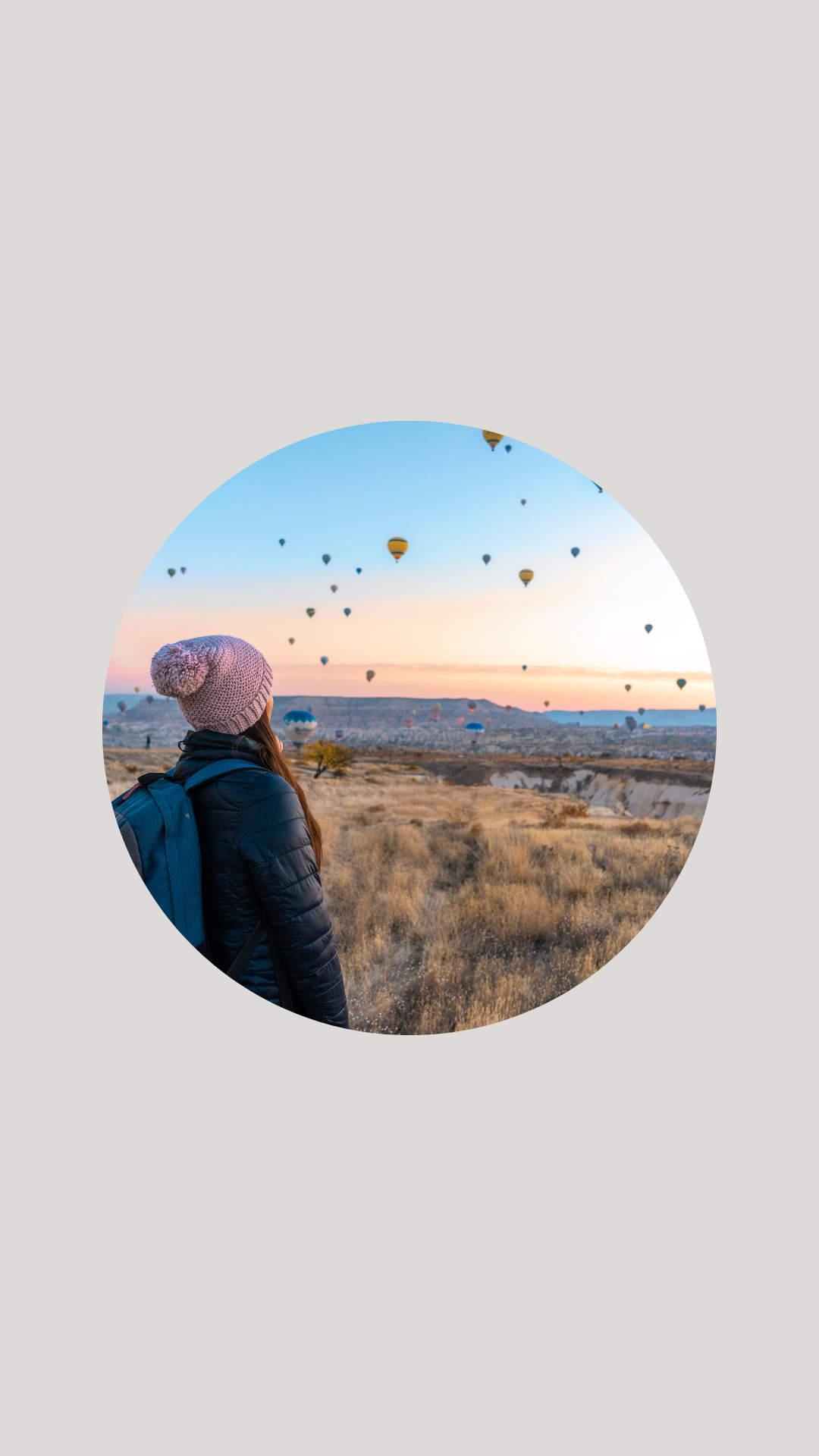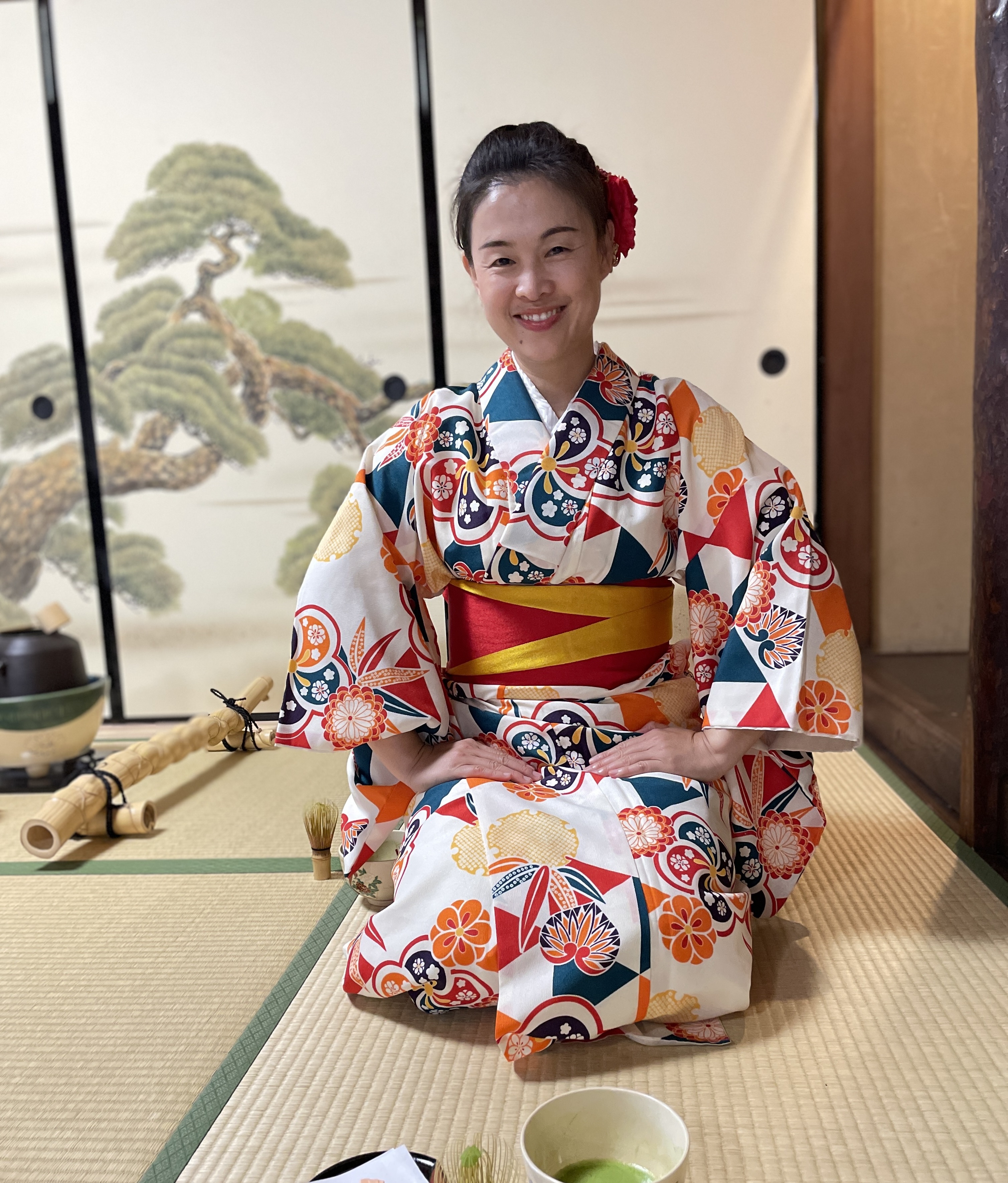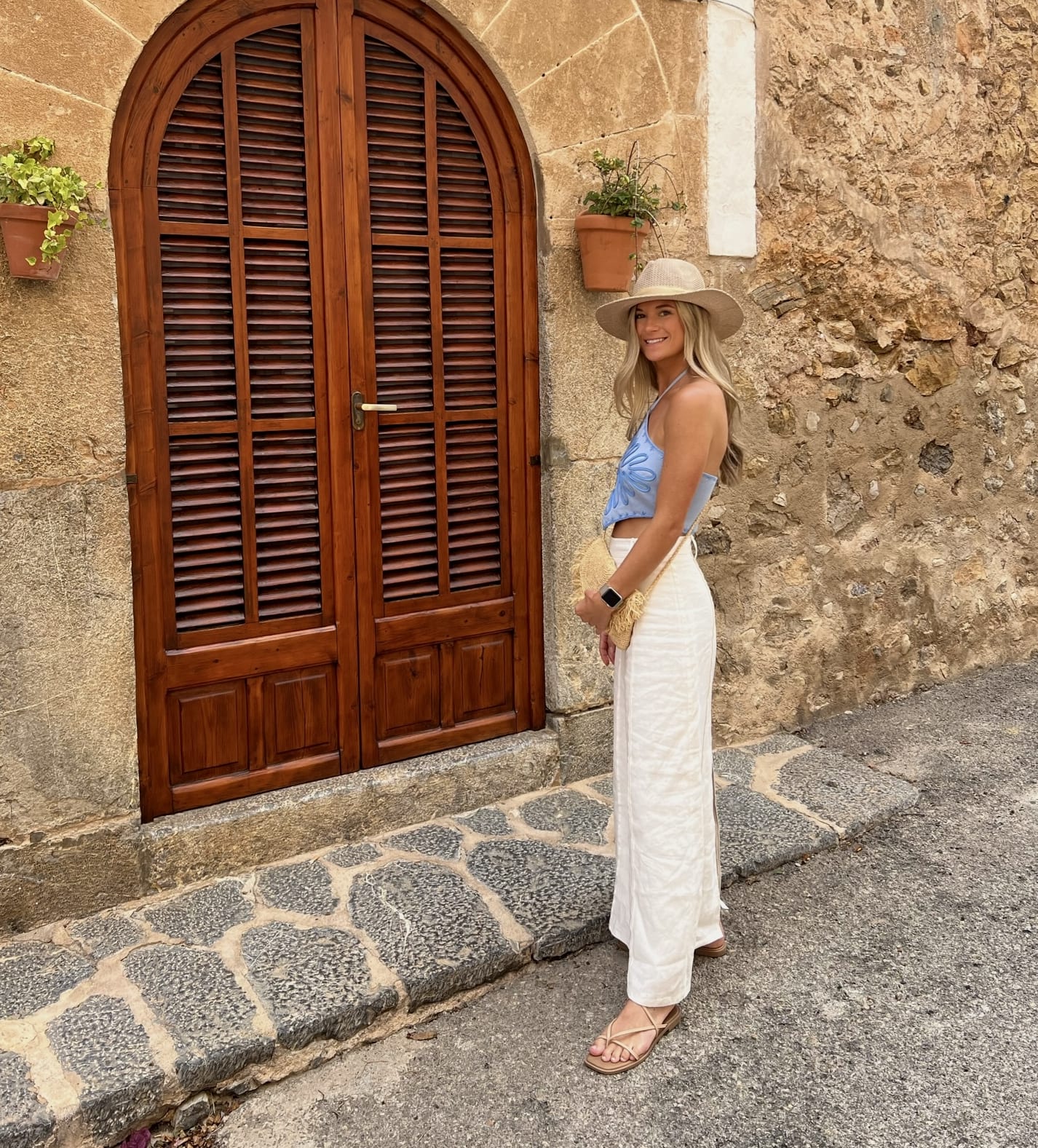Get inspired with advisor-curated guides for destinations near and far. Your advisor will help transform your dream trip into a reality.
Travel Guides
Showing 1–12 of 9382 travel guides & trip reports
FAQ
Fora Advisors (a.k.a. travel advisors / agents) work with clients to understand their vacation needs and handle all the travel arrangements, from booking a hotel for a long weekend to planning a honeymoon.
They take the time to learn your preferences and narrow down your destination and accommodation options to find the best fit for you. We’ve taken the time to curate a warm, vibrant and diverse community of travel advisors who are just as travel-obsessed as we are. Our advisors’ job is to make sure your next trip is precisely tailored to your taste, vacation style and budget.
You name it, we book it: resort vacations, safaris, bachelor / bachelorette trips, city breaks, yachts, business trips, emergency hotel stays, vacation home rentals, once-in-a-lifetime adventures, weekend escapes…We do it all.
Working with a Fora travel agent helps you level up your vacation experience. A travel agent handles all the logistics — on-the-ground transfers, hotel and tour bookings, itinerary planning — so you can get the most out of your trip, without any of the stress.
When booking your trip through a Fora Advisor, you’ll also benefit from the partnerships we have set up with more than 8,200 hotels and travel providers around the world, including Virtuoso, Four Seasons, Rosewood, Belmond and beyond. Read more about our partners. Say hello to room upgrades, complimentary breakfasts, resort credits and top-tier treatment.
Working with a travel agent unlocks a secret travel world you need to be a part of. But don’t just take our word for it… we have tons of 5-star reviews from happy clients.
Fora Advisors don’t charge anything for most hotel bookings. Advisors receive commissions from properties and travel providers, at no additional cost to you. For more complicated multi-stop itineraries, Fora Advisors may choose to charge a planning fee. This will always be transparently presented.
Planning travel — if you have a lot of time — can be fun. It’s what we do!
You’ll still benefit from using a Fora Advisor. Tell us the hotels you’re interested in and we’ll book them for you so you get perks such as free breakfast, a room upgrade, early check-in or late check-out, at no extra cost to you.
Plus, we’ll let you know if we have any intel on the property that may not be obvious online (like the fact that the room you requested looks onto a wall). It’s like having a best friend who works in travel, and who can help you plan your dream trip.
Of course! The more the merrier. Whether you’re organizing a family reunion, honeymoon, bachelorette party or company-wide retreat, we’re happy to help. Just get in touch with your Fora Advisor to begin the process.
Tell us everything. Let us know if you love golf, must have access to a kids’ club or have a soft spot for off-the-beaten-path travel. Serious allergies or dietary restrictions are also very helpful information to share. That way, we’ll only show you options that fit your wants and needs. We also love to hear about your favorite hotels and trips you’ve enjoyed in the past, because that clues us in to your travel style.
If you’ve never worked with a travel advisor before, get our guide on what to expect when booking with a travel agent.



